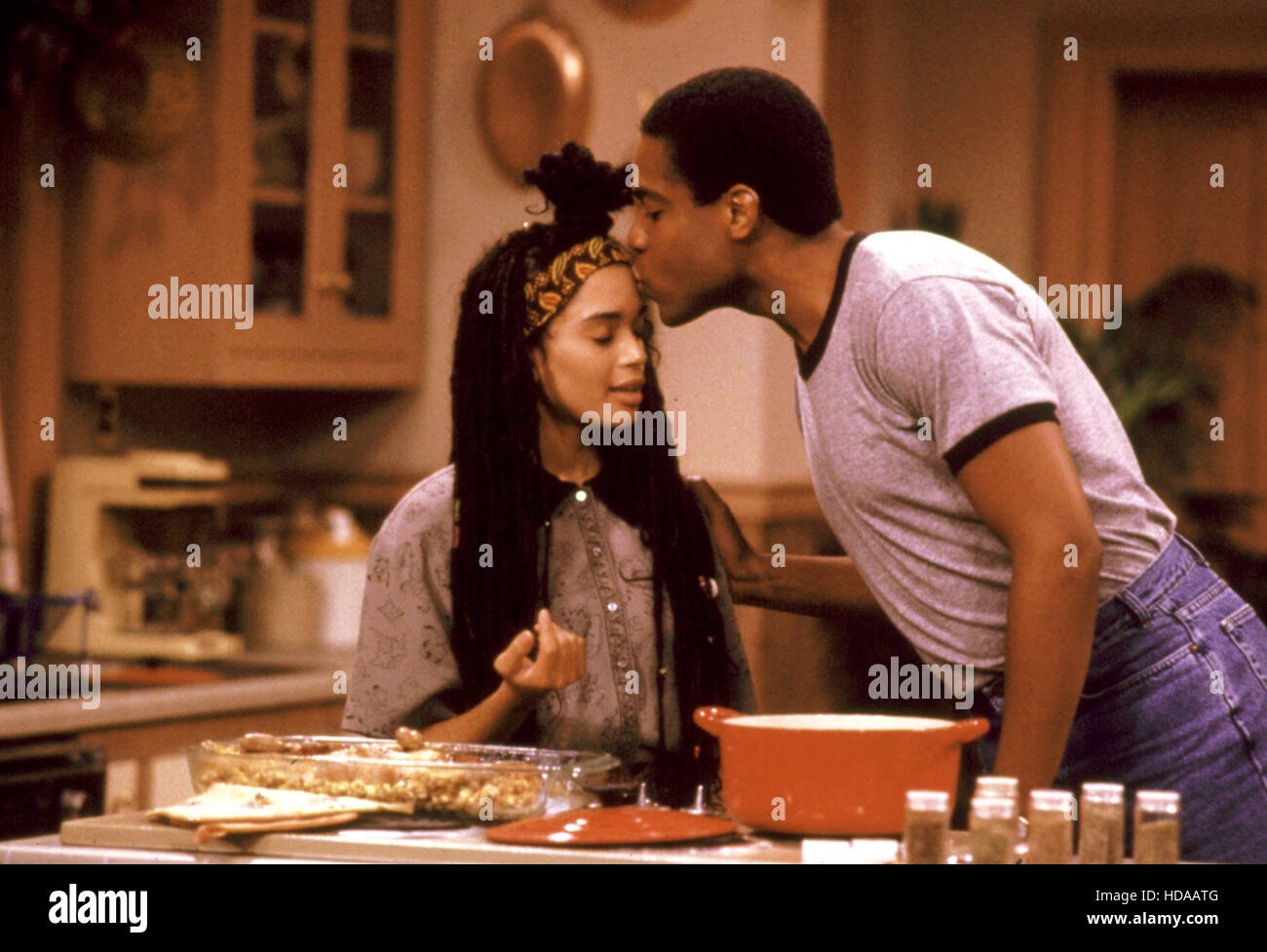
Introduction: When The Cosby Show first aired in 1984, it was more than just a sitcom—it was a groundbreaking cultural moment. Set in an upper-middle-class African-American household, the show was not only entertaining but also challenged prevailing stereotypes about Black families in America. It portrayed a Black family that was loving, successful, and relatable, offering a new narrative for African-Americans on television. But what made The Cosby Show so revolutionary, and why does its impact still resonate today?
The Groundbreaking Representation of Black Families: At the heart of The Cosby Show was the Huxtable family, led by Cliff Huxtable, a warm and wise father played by Bill Cosby. For the first time in mainstream television, Black viewers saw a family that mirrored their own aspirations and experiences. The Huxtables were not portrayed as struggling or dysfunctional, as was often the case with Black families in TV shows before. Instead, they were affluent, educated, and supportive of one another. Cliff, an obstetrician, and Clair, a lawyer, represented a professional couple balancing careers, family, and personal life. This portrayal shattered the stereotypes of Black poverty and crime that were pervasive in the media at the time.
The Show’s Enduring Influence on TV: Before The Cosby Show, the portrayal of African-Americans on TV was limited to a handful of roles, and many of them were stereotypical. But the success of The Cosby Show changed all that. The show opened doors for more diverse programming and paved the way for other Black-led shows like A Different World, The Fresh Prince of Bel-Air, and Black-ish. By breaking barriers, it proved that audiences would embrace stories about African-American families that were not defined by struggle and hardship, but by love, intelligence, and success.
The Star Power of Bill Cosby and the Cast: While the show’s social significance was profound, the performances were equally remarkable. Bill Cosby’s role as Cliff Huxtable was a perfect blend of humor, wisdom, and empathy. He brought to life a father figure who was both funny and wise, teaching life lessons in every episode. The supporting cast, including Phylicia Rashad as Clair, the strong but nurturing mother, and the talented children of the Huxtable family—Raven-Symoné, Malcolm-Jamal Warner, and Keshia Knight Pulliam—made the family feel authentic. The chemistry between the cast members was palpable, creating an atmosphere of love and support that viewers couldn’t help but connect with.
Social Impact and Real-World Conversations: Although The Cosby Show was primarily a comedy, it didn’t shy away from addressing significant social issues, from race relations to class and educational challenges. Episodes like “Theo’s Dilemma,” where Cliff and Clair have a serious conversation with their son about his academic struggles, opened discussions about educational expectations and the pressures that children face. The show also addressed the complexities of raising children in a changing world, balancing discipline with love, and emphasizing the importance of family values.
Conclusion: The Cosby Show wasn’t just a TV show; it was a cultural milestone. It forever changed the landscape of television by showing that Black families could be portrayed in a positive, aspirational light. It provided a model for future TV shows to follow, and its legacy continues to influence the entertainment industry today. Whether you were a fan from the very beginning or are just discovering it now, The Cosby Show remains one of the most important television shows in history.
